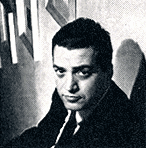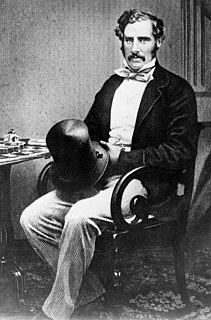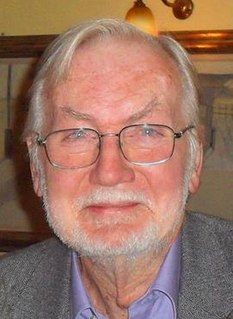A Quote by Benjamin Franklin
Remember, Sir, that [England] began the slave trade!
Related Quotes
After the Moslem Africans lost control over Spain, they began to prey on the Africans further to the south. They destroyed the great independent states in West Africa, and subsequently set Africa up for the Western slave trade and the Arabs were in the slave trade before Islam and they are still in the slave trade.
Decades from now, people will look back and wonder how societies could have acquiesced in a sex slave trade in the twenty-first century that is... bigger than the transatlantic slave trade was in the nineteenth. They will be perplexed that we shrugged as a lack of investment in maternal health caused half a million women to perish in childbirth each year.
As I wrote I began to see more strongly that there were inescapable analogies. You couldn't really live through the '80s without feeling how crass and distasteful some of the economic doctrines were. The slave trade is a perfect model for that kind of total devotion to the profit motive without reckoning the human consequences.

































